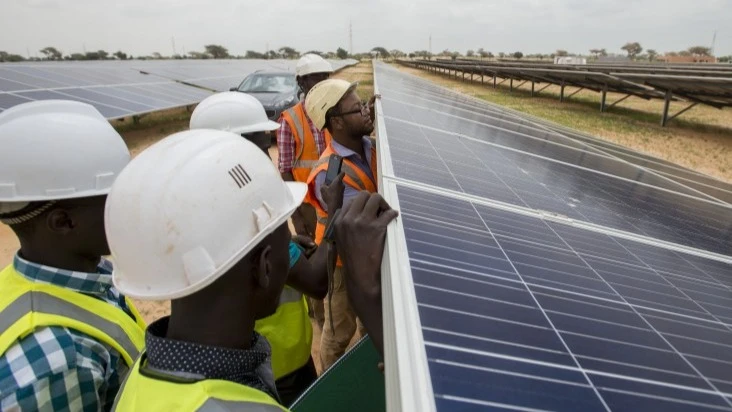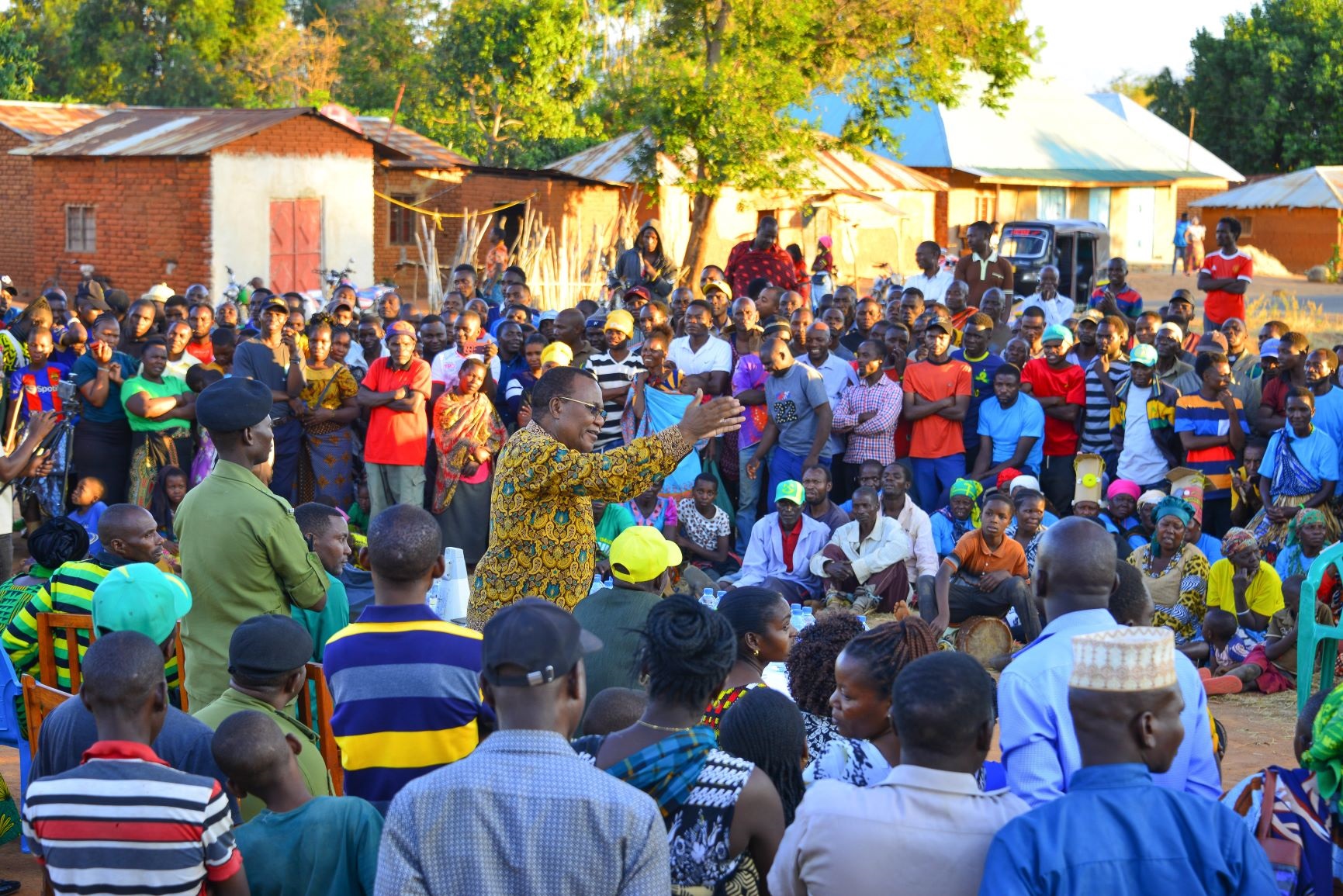Africa's green economy to Create 3m Jobs

Africa could see up to 3.3 million new direct jobs by 2030 in the green economy, particularly in sectors like solar energy, electric vehicle production, and climate-smart agriculture
This insight comes from a report published in late July by FSD Africa, a British government-funded development agency, and HR consulting firm Shortlist.
The eport, titled “Forecasting Green Jobs in Africa”, identifies five key sectors that show job-creating potential across Africa: energy and electricity, mobility and transportation, agriculture and nature, construction and real estate, and manufacturing and materials.
These sectors, chosen for their readiness on the continent, were then split into 12 sub-sectors, including solar, wind, geothermal, and hydro; Electric 2/3 wheelers; Climate smart agri-technology, aquaculture and poultry; Waste remediation and recycling; battery storage, Power transmission and distribution; charging infrastructure; and ecosystem and nature-based solutions (NBS).
The report’s modeling estimates that energy and electricity alone could generate up to 2 million direct jobs by the end of the decade, accounting for about 70 percent of the projected green jobs.
Solar energy could create around 1.7 million of these jobs, or 57 percent of the total, while electricity transmission and distribution could add another 197,000 jobs.
Agriculture and nature sectors could add up to 700,000 jobs (about 25 percent of the total). Within this, climate-smart agricultural technologies could account for 377,000 jobs, aquaculture and poultry farming 189,000 jobs, and ecosystem conservation for another 117,000 jobs.
The report also forecasts growth for five high-potential African countries: the Democratic Republic of Congo (DRC), Ethiopia, Kenya, Nigeria, and South Africa.
These nations alone could generate up to 700,000 green jobs by 2030, about 22 percent of the continent's green employment potential.
South Africa leads the forecast with 85,000 to 275,000 potential new jobs, followed by Nigeria (60,000 to 240,000), Kenya (40,000 to 240,000), Ethiopia (30,000 to 130,000), and the DRC (15,000 to 45,000).
Each country shows unique strengths: hydropower is expected to drive job creation in the DRC (16,000 jobs) and Ethiopia (33,000 jobs), while solar energy leads in South Africa (140,000 jobs) and Kenya (111,000 jobs).
Aquaculture and poultry farming could become the top job source in Nigeria, generating an estimated 69,000 jobs.
The report highlights that 60 percent of these green jobs would be skilled positions, which could support Africa’s growing middle class.
Of these, 10 percent would require university degrees, 30 percent would require specialized certifications, and 20 percent would cover administrative roles. Unskilled jobs would offer stability and opportunities for upward mobility.
The report stresses that for African countries to maximize green job potential, they would need to mobilize over $100 billion annually. This funding would support workforce training, infrastructure development, and the creation of business-friendly regulations to reduce investment risks.
FSD Africa and Shortlist recommend policymakers encourage collaboration across governments, private sectors, educational institutions, and investors to fully capture the benefits of the green economy.
Africa's green economy represents a vision for sustainable development that integrates economic growth with environmental stewardship, emphasizing the responsible use of resources, climate resilience, and equitable social outcomes.
Top Headlines
© 2024 IPPMEDIA.COM. ALL RIGHTS RESERVED
























